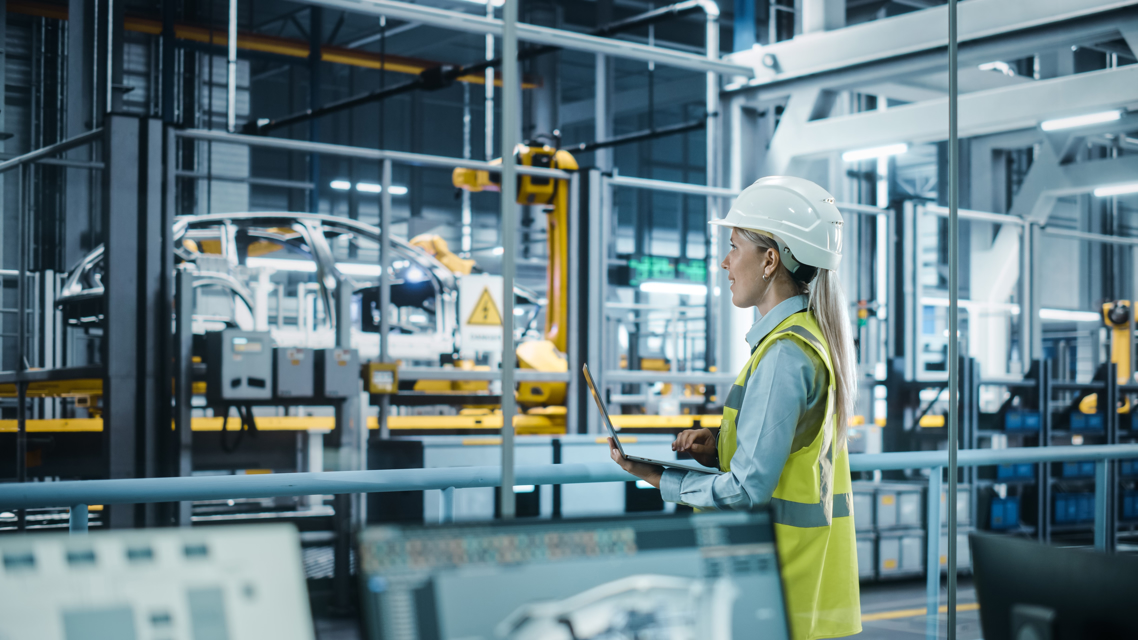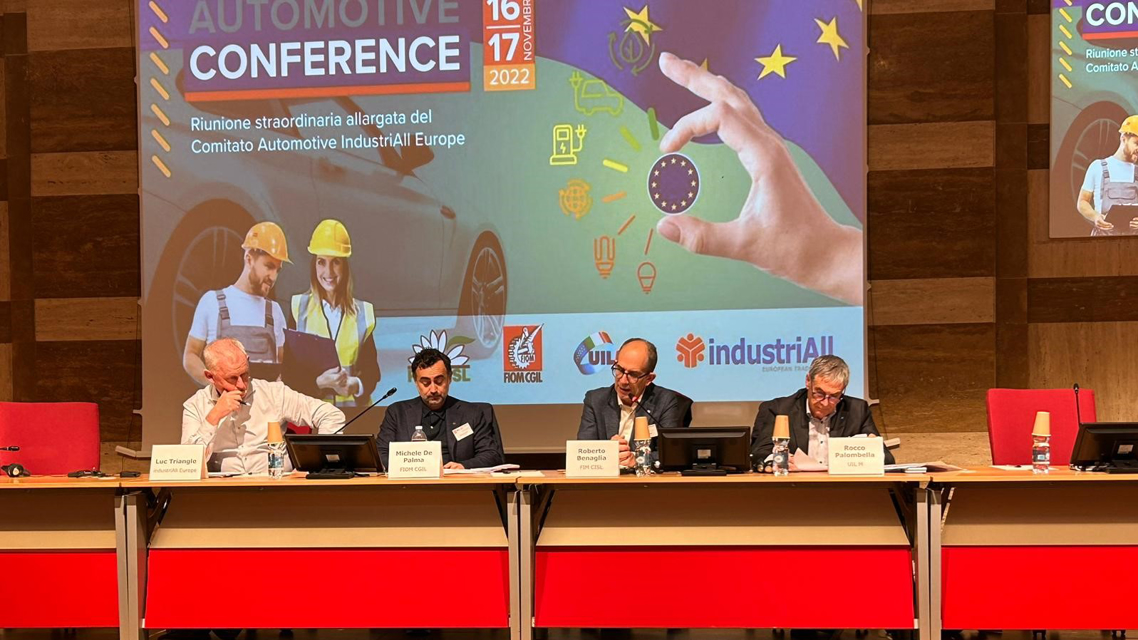STATEMENT
1. There’s no auto industrial future without industrial strategy now
Europe has a long and proud automotive industrial history, but the past cannot guarantee the future for our industrial fabric, or the 2.6 million workers in OEMs and equipment suppliers, or the 12.6 million workers in all automotive-related jobs. The scale and pace of transformation underway to reach EU climate objectives demands ambitious industrial policies at national and EU level. If, in 2035, all new cars and vans sold in Europe must have zero emissions, Europe needs a masterplan to guarantee adequate, clean and affordable electricity, both to power battery-electric vehicles and produce clean hydrogen. Equally, the rollout of charging and refuelling infrastructure will need to be turbo-boosted in the coming years.
The challenges are stark, but there are opportunities to be grasped. Industrial strategy should not mean defending the status quo, but rather creating the conditions for transforming existing plants, and attracting and developing manufacturing activities for the sustainable and affordable mobility that we need to build together. We can and must produce batteries, electric vehicles, clean hydrogen, electrolysers, fuel cells and chips in Europe. These are the segments we need if we want Europe to master its transition and avoid greater import dependency.
Trade unions must anticipate, lead and steer the change, rather than succumb to it. Europe needs to intensify its actions to keep and develop a strong automotive industry in Europe. No one is waiting for us. Others are massively supporting domestic battery and electric vehicle manufacturing in a global technological race. Given the number of direct and indirect jobs at stake and the strategic importance of the sector for Europe, the future of the automotive industry cannot be left to the market alone. There will be no industrial future without urgent industrial strategy, now.
2. A Just Transition framework must steer the transformation
Employment concerns must be taken seriously. Around 200,000 automotive jobs were lost between 2020 and the of end 2021 – industrial change is already happening as a result of automation, globalisation and electrification. The situation is acute for internal combustion engine (ICE) specialised suppliers, where many jobs could be lost in the coming years. While 30% of jobs are threatened by electrification, in ICE-related suppliers, up to 42% of jobs will be impacted. Whilst OEMs and suppliers are undergoing massive and rapid changes, many important questions remain unanswered for workers regarding the impact of these changes on their employment and working conditions. At the same time, the sector is struggling - like many others - with skilled workforce shortages and recruitment problems, whereas reports also show that 2.4 million workers in the automotive supply chains will require extensive retraining in the coming decade to deal with electrification of the fleet.
There is no excuse for the lack of negotiated plans to anticipate these structural changes and support workers. Worker participation is a prerequisite for Just Transition. Every site must have a Just Transition Plan. Every automotive region needs a Just Transition strategy.
To achieve this, industriAll Europe demands a European Just Transition framework for workers of the automotive industry. As laid out in our Just Transition Manifesto (adopted in May 2022), this framework must be built on 5 pillars:
1. additional funds
2. a clear mapping of employment consequences
3. a legal framework to anticipate change and ensure workers’ participation (in addition to the enforcement of existing rights)
4. rights to secure individual labour transitions for workers
5. and much more policy planning at national and regional level
The first steps towards this objective are now included in EU cars CO2 legislation, with specific commitments for the EU to promote social dialogue, analyse the impacts on employment and effectiveness of measures to support retraining of workers, and to make a proposal to provide adequate financial support to bridge identified funding gaps.
We need Just Transition to move from rhetoric to reality for our members. This requires action from governments and companies, now. The transition towards clean road transport must be socially fair and not result in increased mobility poverty. Given the widening gap between the disposable income of many households and the increasing price of cars and fuels, individual mobility seems to be more and more the privilege of the wealthy. That trend must be reversed. Mobility is a key condition for social inclusion. We will use the 2026 review clause to make a reality check: the EU’s automotive decarbonisation strategy will be an industrial success for the benefit of workers and wider society.
3. Job quality, worker participation and trade union power must be at the core of the transformation
Ongoing transformation cannot be portrayed as only technological since it entails major changes for the social character of our industry. Structural change always impacts working conditions, work organisation and occupational health and safety – how it is managed determines if this is positive or negative. Major CEOs might announce that electrification requires massive productivity efforts, additional pressure, major cost-cutting and aggressive flexibility. We reject this agenda.
Ensuring social dialogue and worker participation in existing and new segments of the industry is of the utmost importance to deal with the changes ahead of us. We deplore that many companies do not have negotiated plans to anticipate these changes, even for training. When companies announce job cuts in the press without any prior information and consultation of the workers’ representatives, they wreck trust and breach rights. This is an unacceptable infringement of the EU legislation regarding information/consultation of workers, undermining the basic rights of workers to have their say in decisions where their fate is at stake.

